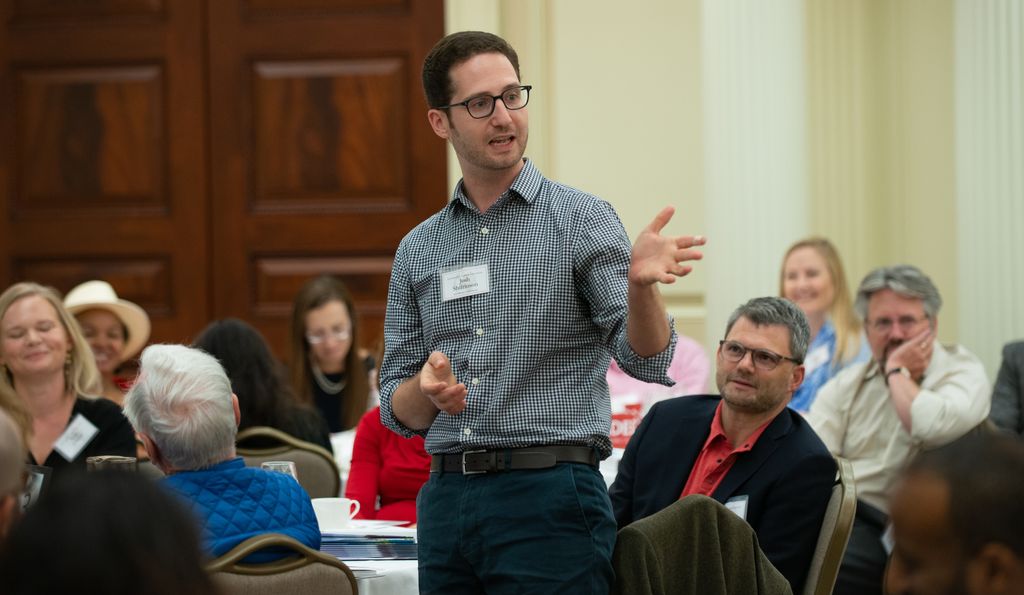Shifrinson Writes in JSS on Great Powers Blocking Future Threats

Joshua Shifrinson, Assistant Professor of International Relations at the Pardee School of Global Studies at Boston University, published a new research paper in the Journal of Strategic Studies(Vol 43, 2020), published online on April 1, 2020. The paper entitled, “Eastbound and down: The United States, NATO enlargement, and suppressing the Soviet and Western European alternatives, 1990–1992,” uses new archival evidence to show the United States’ preparations to expand NATO in the early 1990s as a way of block both Russia and the European Union from influencing European security.
This article is a part of Shifrinson’s forthcoming book project investigating how great powers block future threats from emerging.
From the abstract of the article:
When and why did the United States first contemplate NATO’s enlargement into Eastern Europe? Existing research generally portrays U.S. backing for NATO enlargement as a product of the policy debates and particular beliefs inside the William Clinton administration (1993–2001) starting in the mid-1990s. New evidence, however, shows that U.S. backing for enlargement began earlier, under the preceding George H.W. Bush administration (1989–1993). Moreover, the Bush administration favored enlargement for fundamentally realpolitik reasons, viewing it as a way of sustaining U.S. preeminence and suppressing challengers in post-Cold War Europe. The results carry implications for historiography, foreign policy, and international relations theory.
Full article can be read here.
Joshua R. Itzkowitz Shifrinson is an Assistant Professor at the Frederick S. Pardee School of Global Studies at Boston University, where his teaching and research interests focus on the intersection of international security and diplomatic history, particularly the rise and fall of great powers and the origins of grand strategy. He is author of Rising Titans, Falling Giants: How Great Powers Exploit Power Shifts (Cornell University Press, 2018) and his work has appeared with International Security, the Journal of Strategic Studies, Foreign Affairs, and other venues. Read more here.